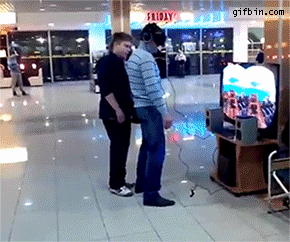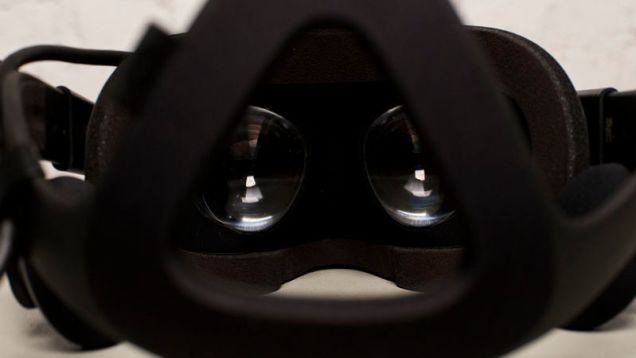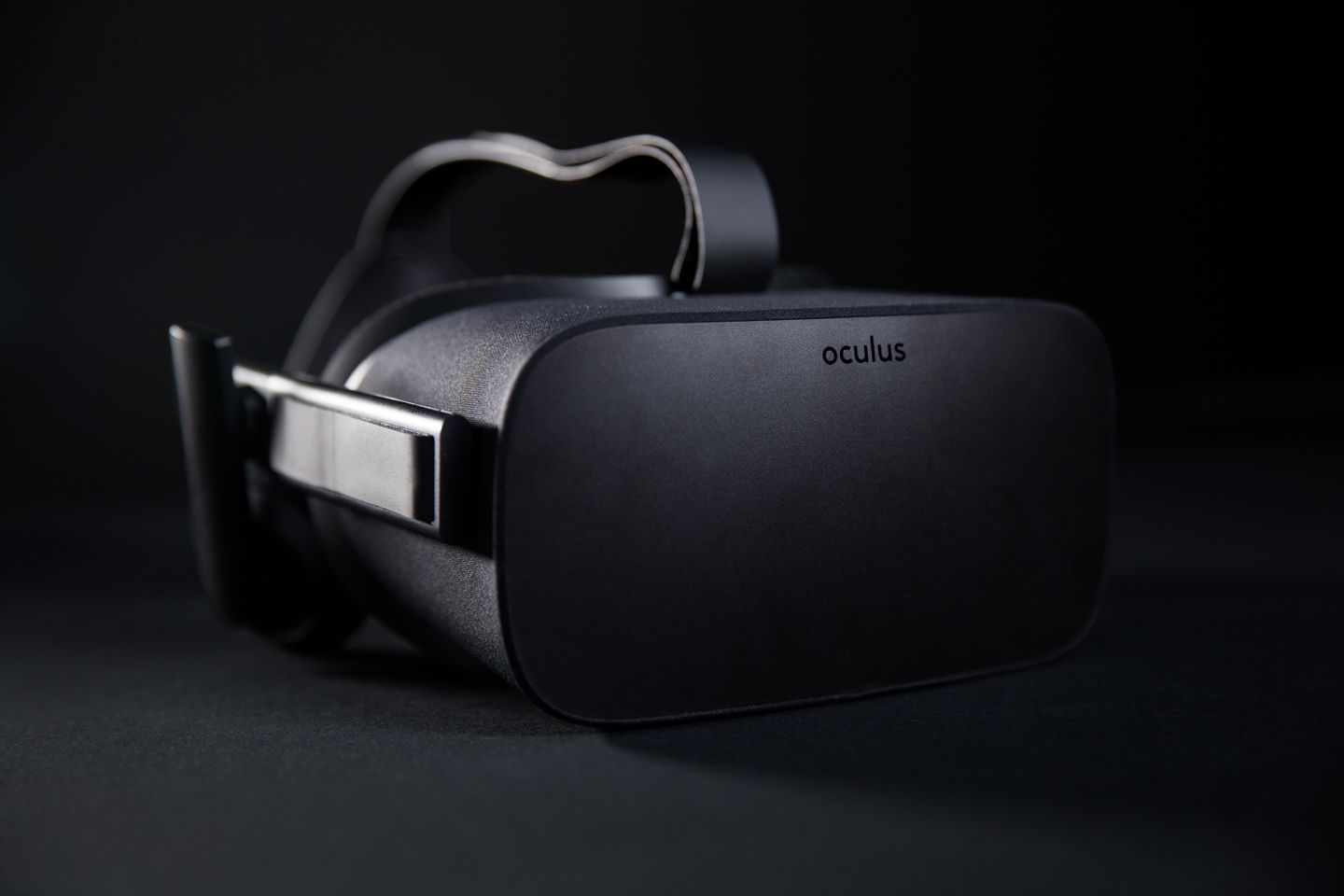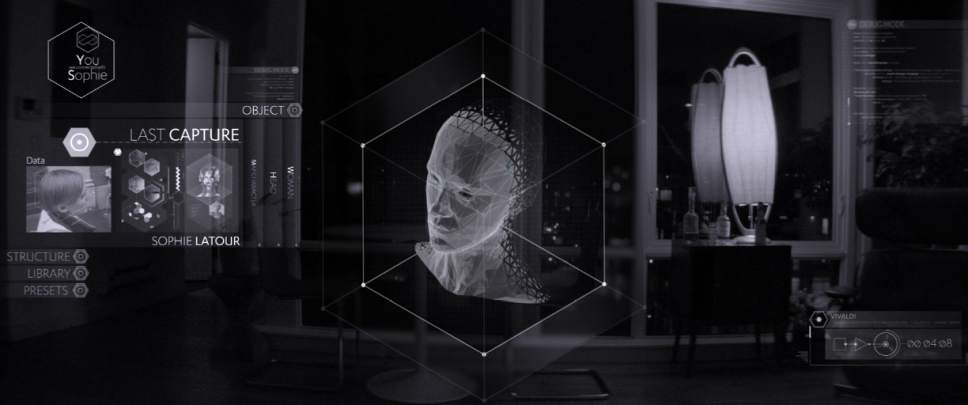This is NOT the way to encourage people to use this device, nor develop anything for it at all. Shame on them!
“By submitting User Content through the Services, you grant Oculus a worldwide, irrevocable, perpetual (i.e. lasting forever), non-exclusive, transferable, royalty-free and fully sublicensable (i.e. we can grant this right to others) right to use, copy, display, store, adapt, publicly perform and distribute such User Content in connection with the Services. You irrevocably consent to any and all acts or omissions by us or persons authorized by us that may infringe any moral right (or analogous right) in your User Content.”
The Oculus Rift is starting to ship, and we’re pretty happy with it. While it’s cool, like any interesting gadget, it’s worth looking through the Terms of Service, because there are some worrisome things included.
Quite a few of the items in the document are pretty typical in any sort of Terms of Service agreement. These include details like waiving your right to a juried trial and agreeing to go into arbitration instead. Oculus can also terminate your service for myriad reasons, and third parties can collect information on you. However, there are some even more devilish details in the Rift’s full Terms of Service.
Oculus (and basically Facebook) owns creative content
If you create something with the Rift, the Terms of Service say that you surrender all rights to that work and that Oculus can use it whenever it wants, for whatever purposes:






